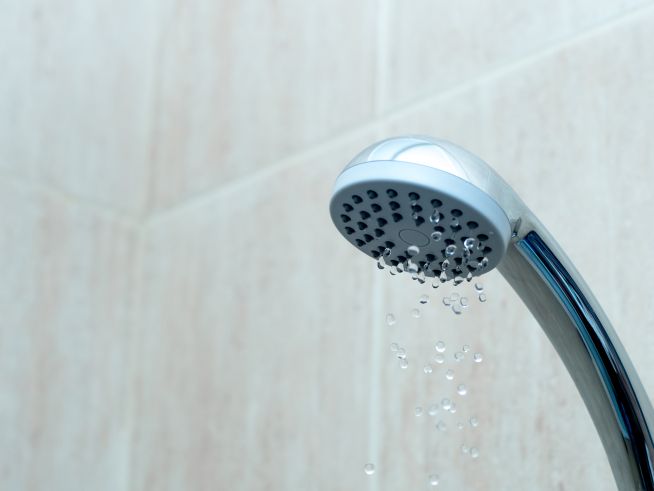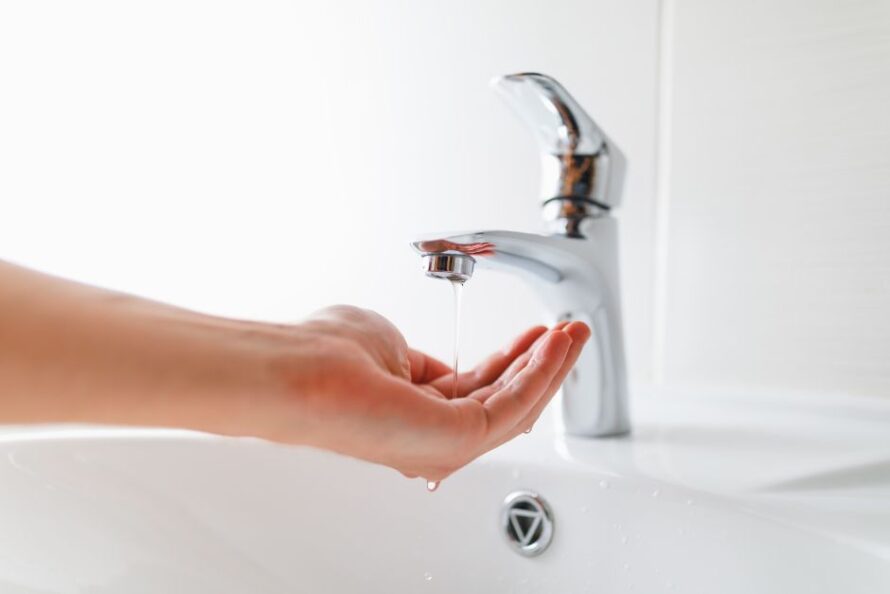What are the common causes of low water pressure?
Common cause of Low Water Pressure in your home is clogged water lines. The pipes will often become clogged when you run the dishwasher or wash your clothes, but you can also develop a clog if the faucet on your kitchen sink gets a bit gunked up with old food bits. This causes the pipes to slowly lose pressure and ultimately stop working.
Another common cause of low water pressure is the heater in your home. This is because the water pressure isn’t strong enough to force the hot water through your pipes and out into the rest of your house.
If you want to fix this problem, we recommend turning on your heater in the morning, before it gets too hot outside and turns off again in the evening. This should give you enough hot water for most tasks throughout the day, without needing to use more than one shower head at a time!
There are many other possible causes of low water pressure in a house, including bad piping, dirty filters and insufficient heating or cooling systems. To fix this problem yourself will require some knowledge of how plumbing works as well as how to turn off some of your home’s equipment if they’re not needed during this repair.
How to identify low water pressure?
If you’ve been having problems with low water pressure in your home, there are a few things to look out for.
Low Water Pressure with no hot water – Your shower may be taking a long time to get hot and then stop, or your kitchen sink may not be getting any hot water at all. – Your shower may be taking a long time to get hot and then stop, or your kitchen sink may not be getting any hot water at all.
Low Water Pressure when the heater is on – If you have a gas boiler in your home, you will know that the heating system runs off of low pressure from the main pipes in the house. You will notice that this will mean that your toilet flushes quickly, but it takes longer for the water to come out of your shower head.

What are the steps of fixing low water pressure performance?
If you’ve identified a problem with your low water pressure, the next step is to find out why it’s happening and how to fix it. The first step is to stop using the washing machine and dishwasher until you can repair the problem.
This will mean that your water pressure will be very low while they are being used, which may prevent you from having a shower or washing dishes without flooding the house!
You should also be aware that you will need to flush your toilet more often during this time. This can help to keep your pipes clear. If this doesn’t solve the problem, turn off all of the water valves in your home and then open them again one by one.
This should allow any blockages in your plumbing to clear, although if you have a gas boiler, turning off all of its heat will make this less likely to work. If you still have problems after this, there may be a blockage in your pipes that requires professional assistance from an expert plumber.
What if I can’t solve the low water pressure myself?
If you’ve identified a problem with your low water pressure and you can’t solve it yourself, you should get in touch with an expert plumber. This is because low water pressure can be caused by a number of things, including blocked pipes or a faulty heater.
If this is the case, there are a few things that they will need to check first: If there is still water flowing through the pipe even when it’s not being used – if your pipes are still getting dirty then this means that there’s something blocking them.
You should call an expert plumber to have them clear the blockage before trying to fix it yourself again. If there’s no water coming out of your taps or faucet – this could mean that your heater isn’t working properly or there is another issue causing the issue. An expert will need to be able to work out which part of your home needs fixing first.
Some tips to increase low water pressure
Install an in-line water filter – You should install an in-line water filter at the point where your cold water supply connects to your hot water supply. This will help to reduce the chances of having blockages and other problems, as well as give you better hot and cold water performance.
Turn off all of the heating or cooling systems – You can usually turn off the heater in winter and the air conditioner in summer. This will reduce your hot water pressure, but if this isn’t enough then you may need to call an expert for further help.
Install a back-flow preventer – Back-flow preventers are devices which prevent sewer gas from flowing back into your home’s plumbing system when it shouldn’t be there. They can also prevent blocked pipes from being released and stop this from happening again.


